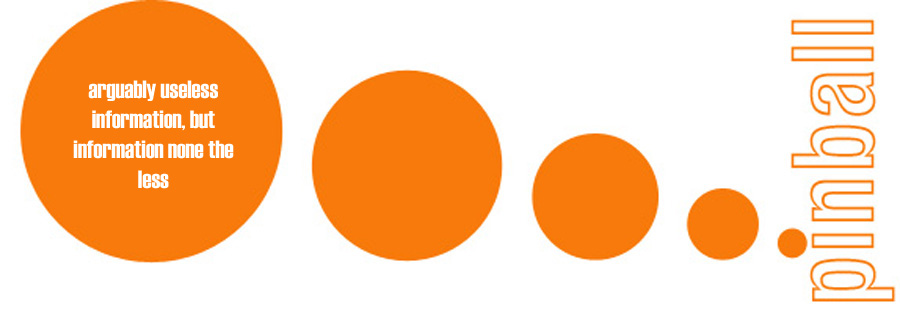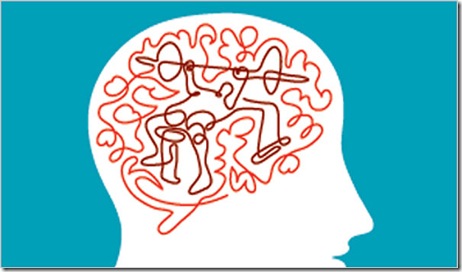[Felix Sockwell - New York Times Illustration]
I am a HUGE fan of music. I think I always have been. I remember sitting in my room when I was little listening to B104 on the radio and calling in requests with my friends. I like a lot of different type of music too... Actually the variety out there is one of the reasons I think it's been such a big part of my life. There is something for every mood and situation. Music is also a great equalizer. It doesn't matter what you do or how you grew up a song can evoke the same emotions.
One of the most powerful things about music is the memory associations created. Anyone affected by music can tell you that hearing certain songs can transport you back to a specific time in your life instantly. For me any 80s song and it's summer with my friends or cruising around with my sister and our sitter. Classical music reminds me of my father. There is also one song that I don't even know the name of, but it brings me right back to a child fashion show at the local mall I participated in. I can even feel the itchy turtleneck they made me wear. The list goes on and on.
It's amazing how clear the memories evoked are as well. I mean sometimes I can't even remember someone's name 2 minutes after being introduced, yet I know the lyrics to more songs than I can count.
The American Psychological Society is just as interested in this phenomenon. A study published in the journal "Nature" used an MRI to see what parts of the brain are used while listening to music and it was determined that musical memories are stored in the brain's auditory cortex. The researchers also found that even when the music ended we still continue to "hear it in our head," which keeps the auditory cortex active helping to further establish the memory. In fact there is an additional burst of brain activity after the song ends, which is contrary to normal brain function. (Usually the activity occurs while something is actively being perceived.)
Researchers from McGill and Stanford have also discovered that using music for brain studies is ideal because listening to music activates nearly all known areas of the brain. Perhaps music's ability to use many senses is what makes it so powerful and long lasting. People were playing carved flutes long before they were writing books and it was also a primary means of passing on oral history for centuries.
Many feel that listening to music helps cognitive development hence the "Mozart Effect". Now, I'm not sure if listening to Beethoven or Mozart will make you smarter, but King George I of England did. He commissioned Handel's Water music to help him reduce stress and decrease memory loses.
Playing a musical instrument has been proven to take the power of music a step further. Scientists have found that many musicians have an increased ability with linguistics and word associations especially if they started playing at a young age. There is evidence that since music simulates both sides of the brain at the same time it in a sense exercises the brain helping it to process complex information throughout life.
So next time you hear a GREAT song appreciate the power of music. Not many things have the ability to evoke a memory or change your mood instantly. And thanks dad for making me listen to classical music, while I was growing up. Every little bit helps.
To read more:
CBC News Canada August 5, 2007 article
Music and the Brain - Laurence O'Donnell




No comments:
Post a Comment